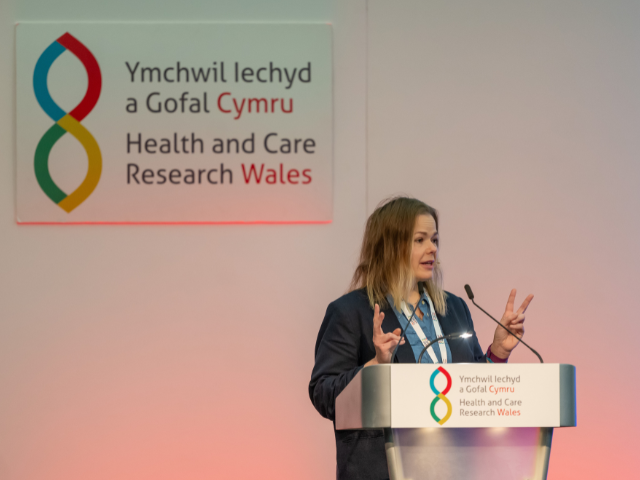
Out of the journal and into social care - Liza Turton
16 October
Research-informed practice is widely recognised as the gold standard but embedding it into everyday practice for busy social care practitioners has always been a challenge.
Put yourself in the shoes of a frontline social worker: you are working complex cases, dealing with potential abuse, making decisions that affect lives and constantly juggling multiple priorities. How would you make decisions if you were in their place?
Liza Turton, Consultant Social Worker, Neath Port-Talbot County Borough Council, along with her colleague Rachel Scourfield, created the Analytical Map framework – a model designed to make research an everyday tool for social care practitioners to help them in the decision-making process.
The model offers practitioners training, to take part in case mapping sessions and a toolkit for everyday use. The case mapping sessions were particularly transformative for practice. In these sessions, practitioners would work together to “map out” a case, identify what was working well, what concerns remained and how research could guide the next steps. This process allowed for a more structured and informed approach to decision-making. Liza said:
"Social care practitioners shared that integrating research into their practice not only improved outcomes for their clients; it boosted their confidence in decision-making.”
Liza received a National Institute for Health Research Practice-Based Research Leader’s Award for championing a research culture in adult social care for creating the framework. She said:
By embedding research into everyday practice, we can create more effective, confident social care practices that benefit both the client and practitioner.”
Find out what social care practitioners have to say about the framework and how Liza came up with the idea by watching her deliver a TED-style talk at our 2024 conference.
/p>